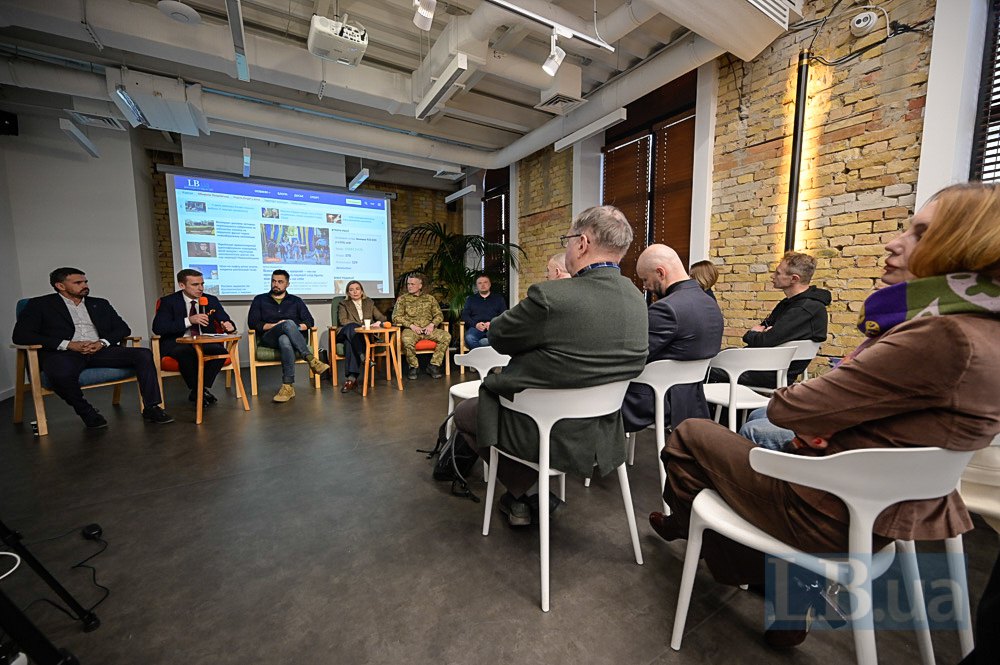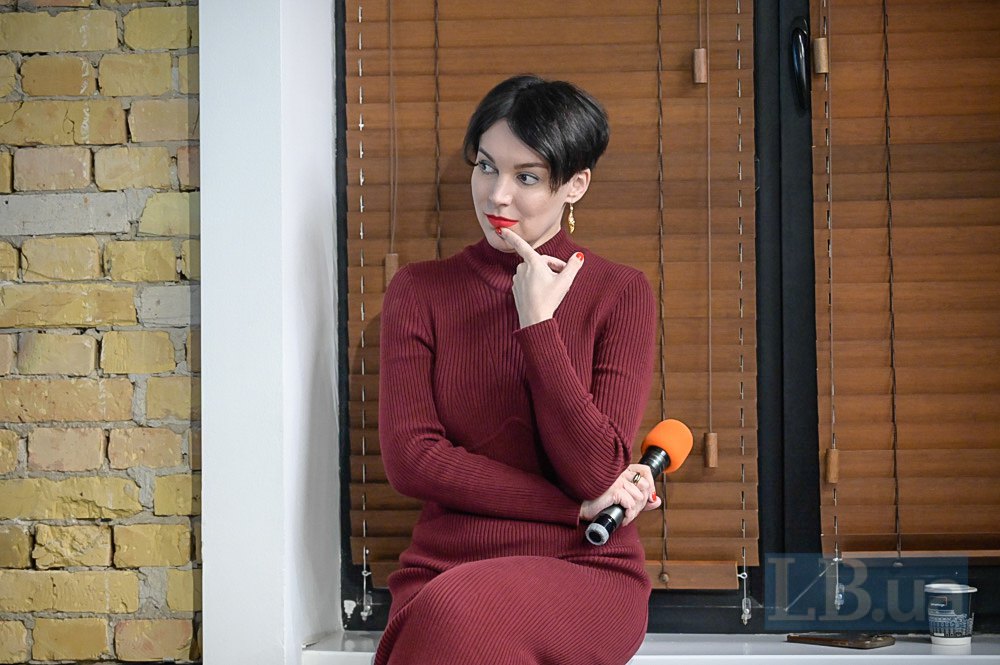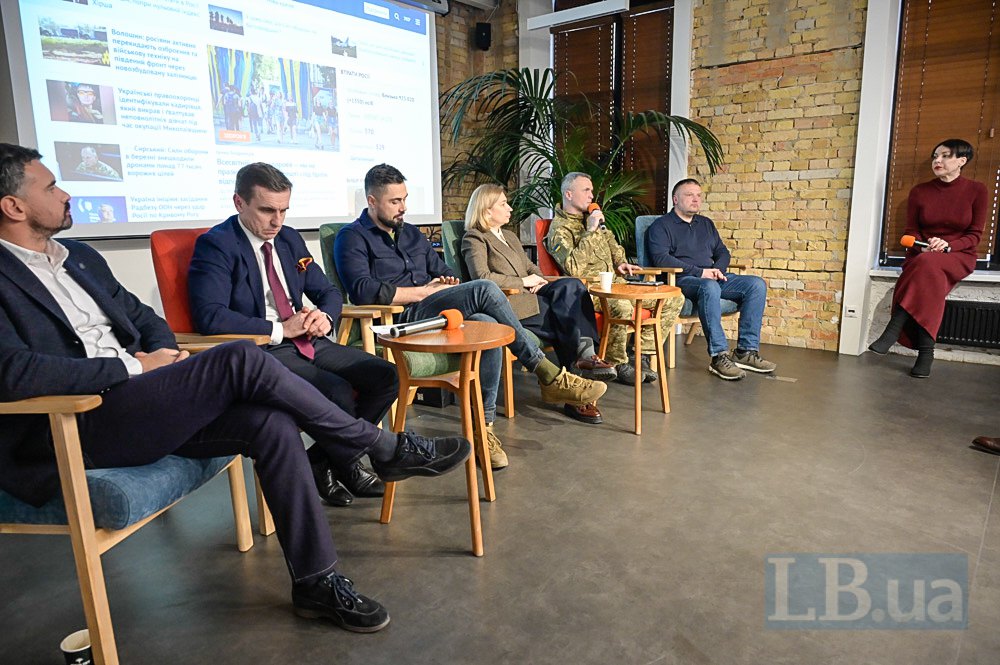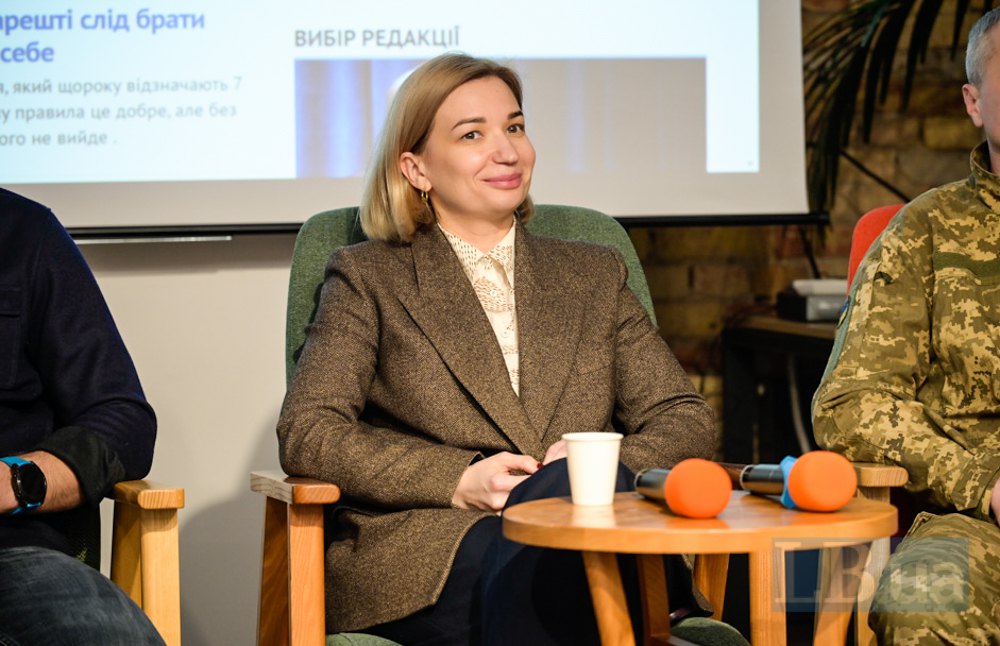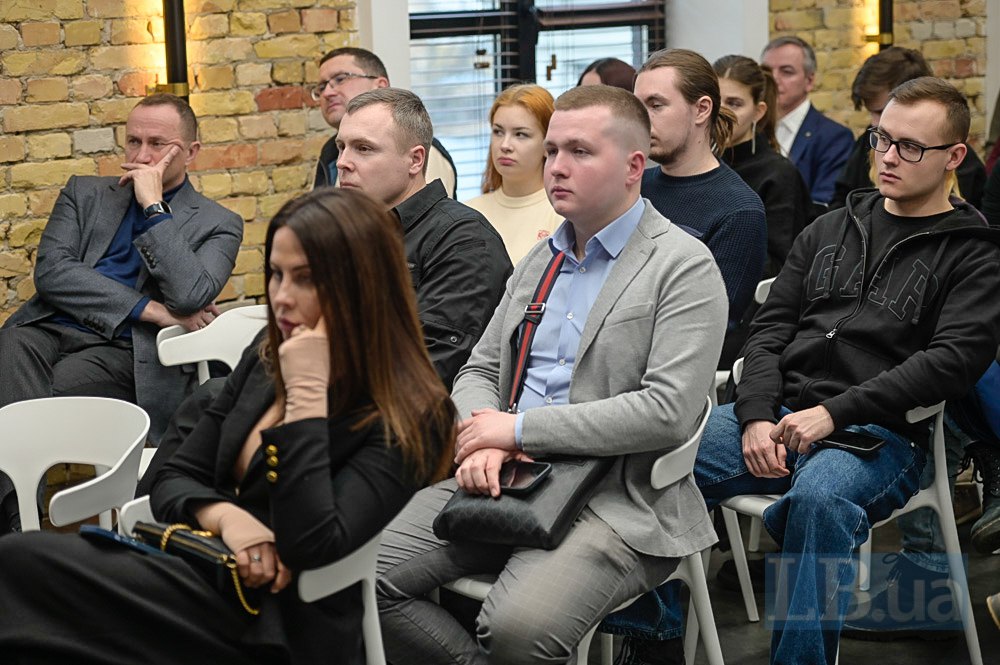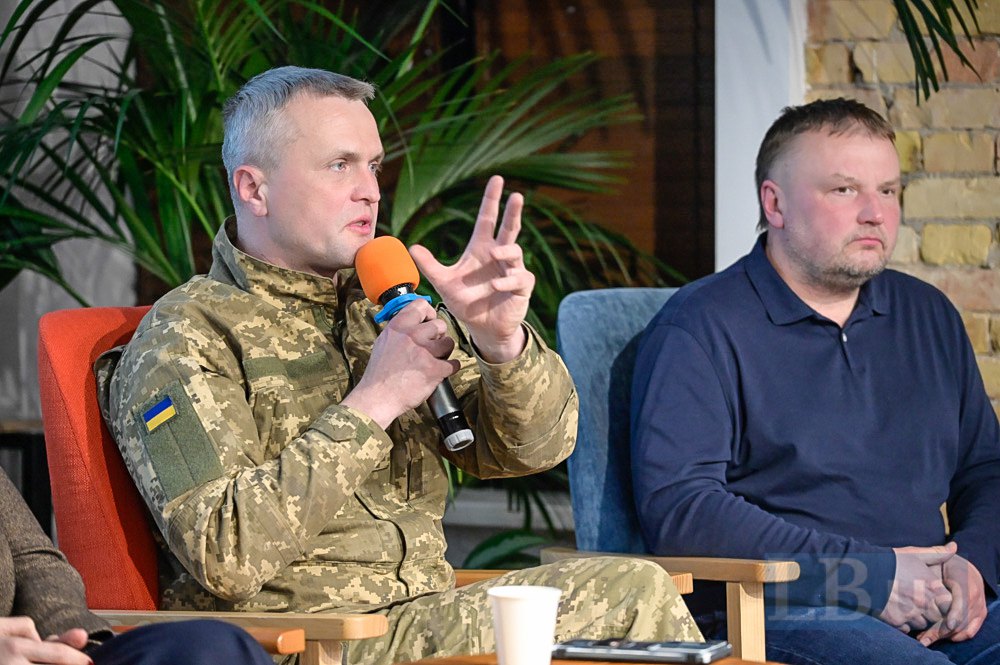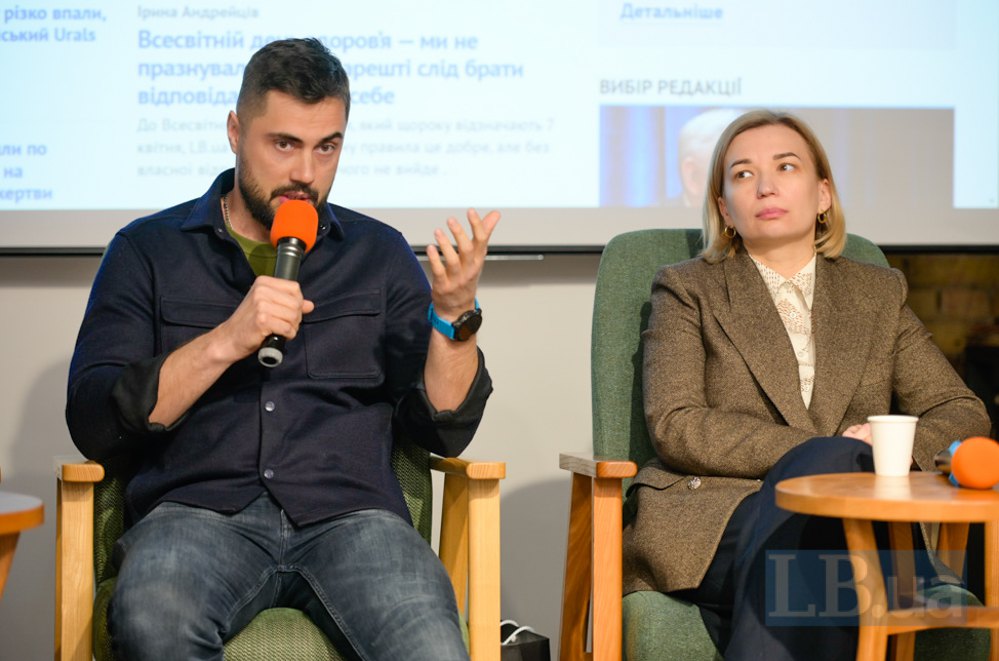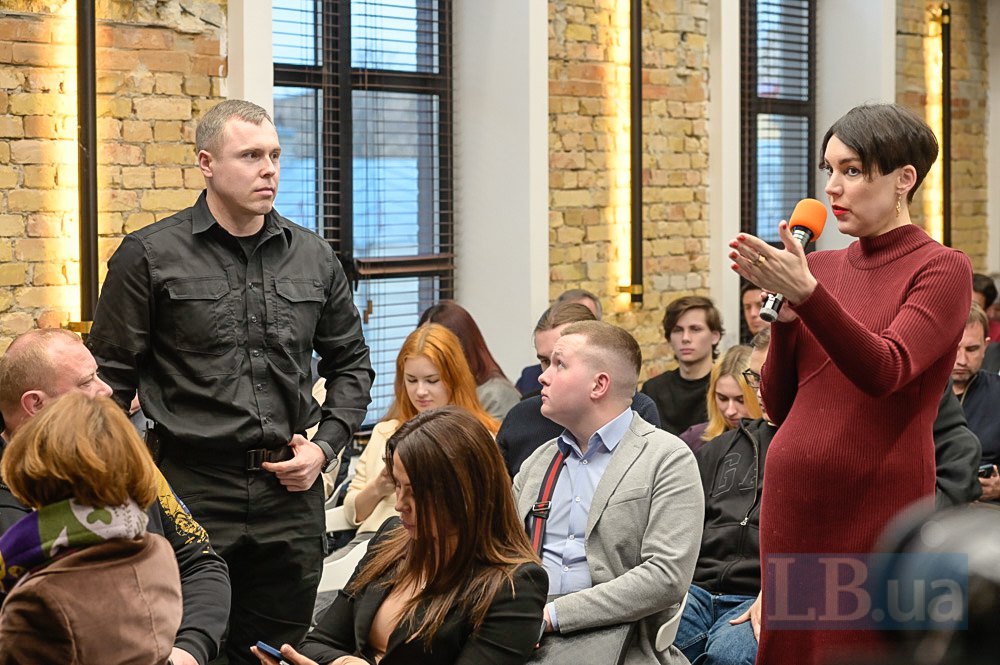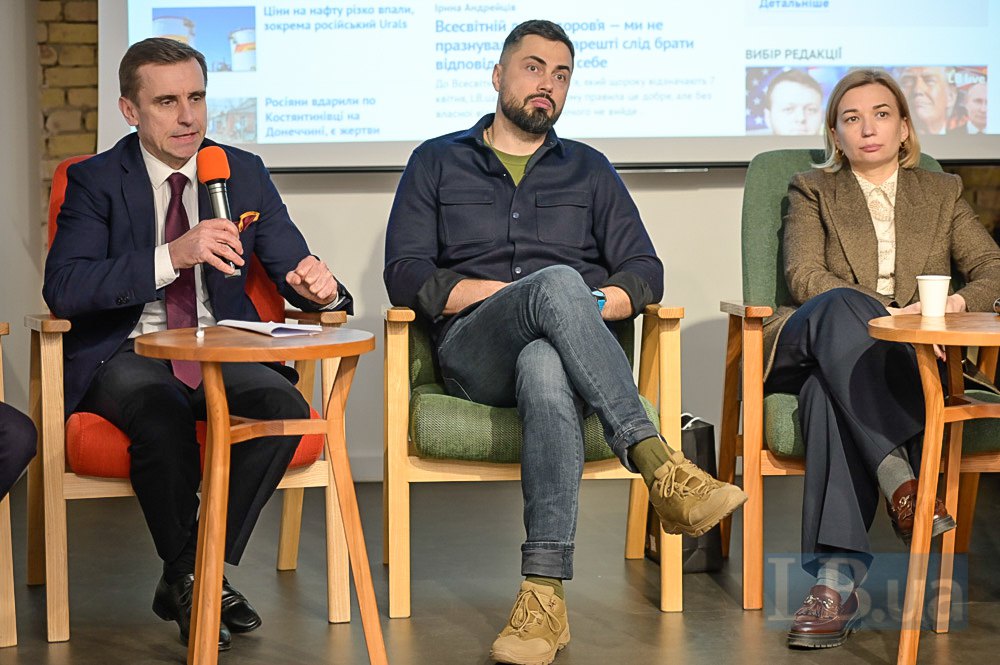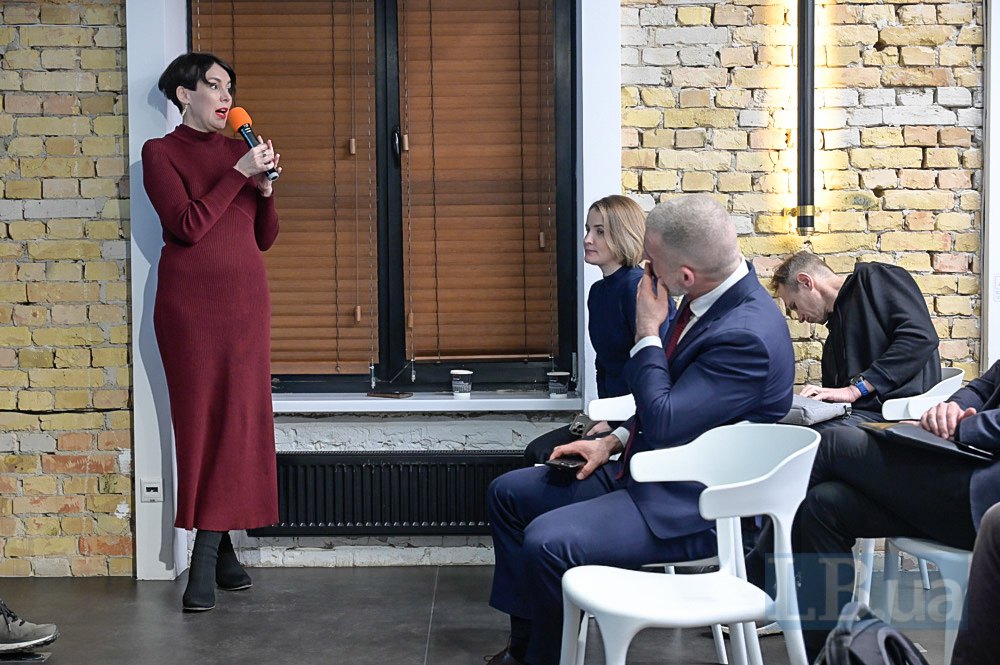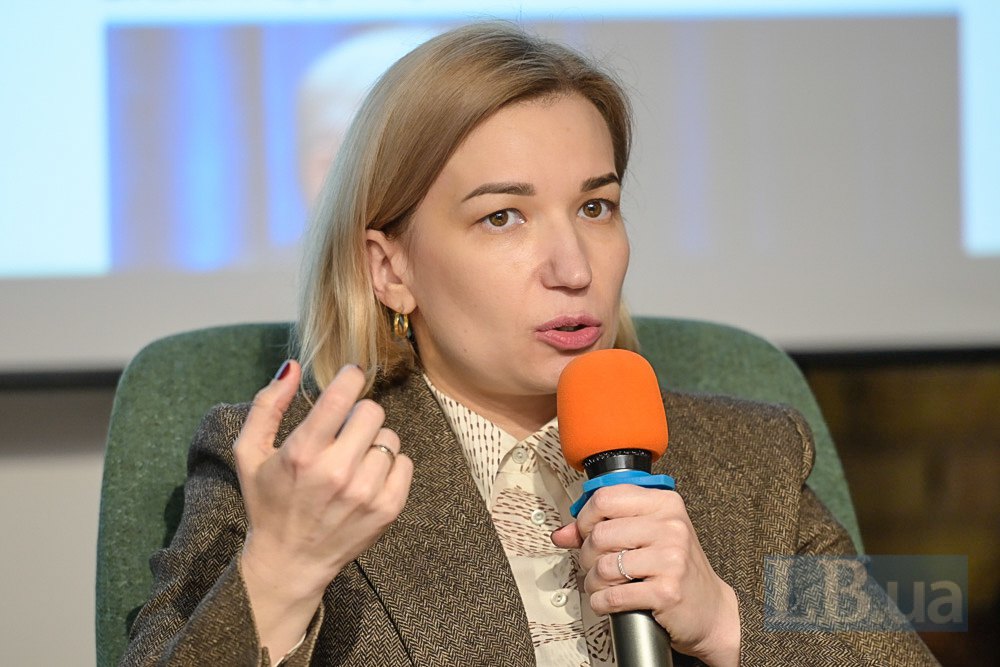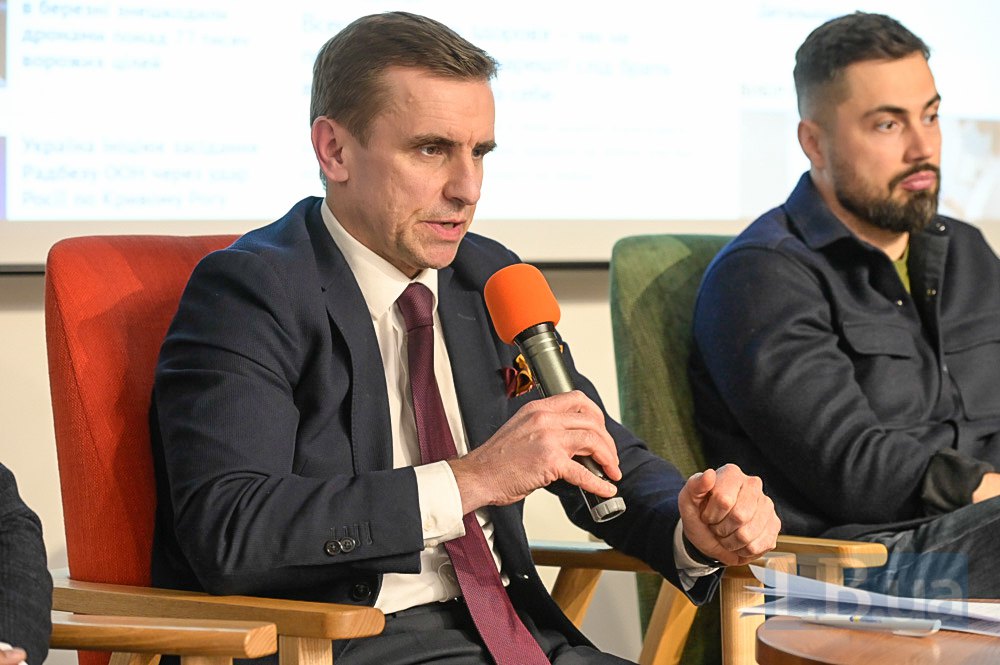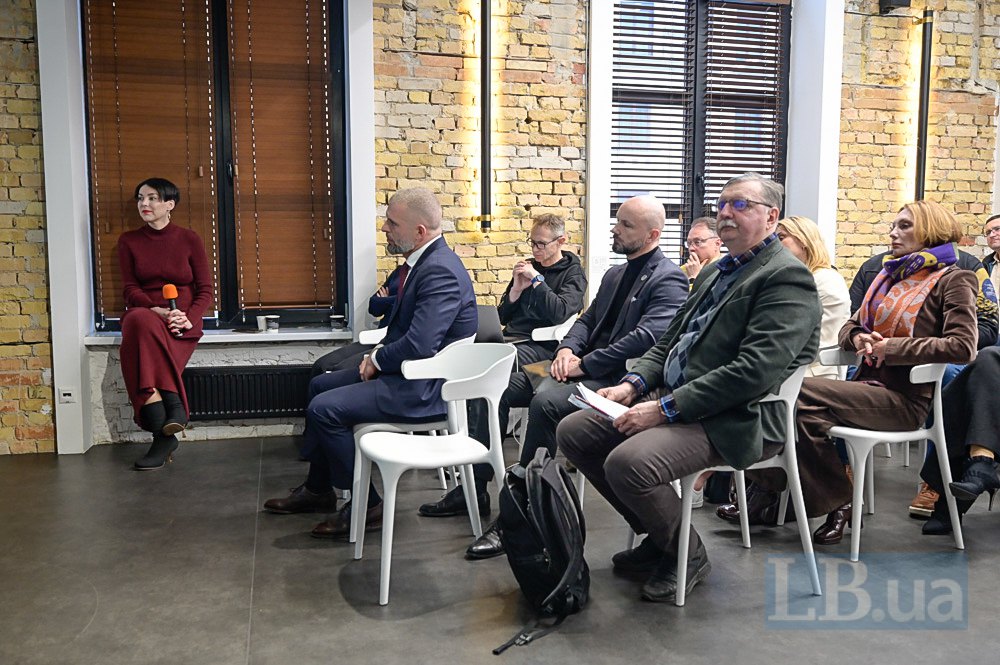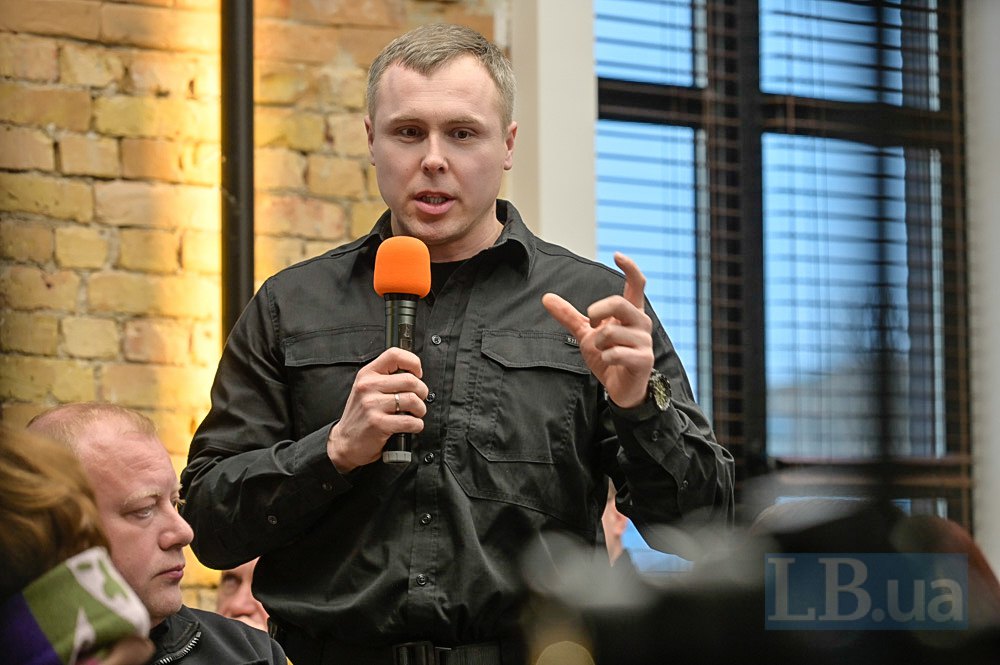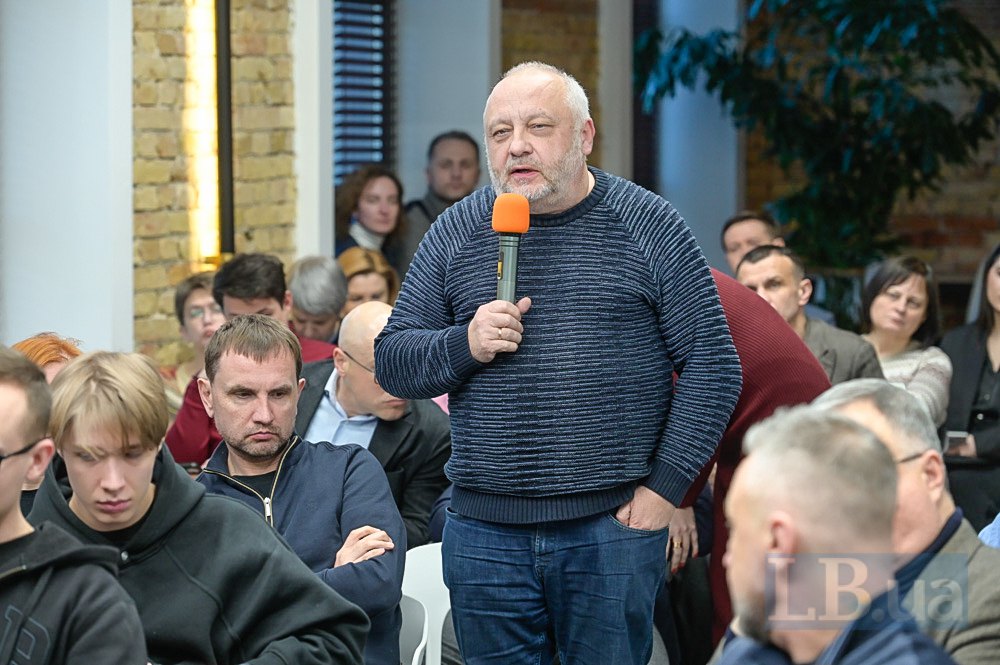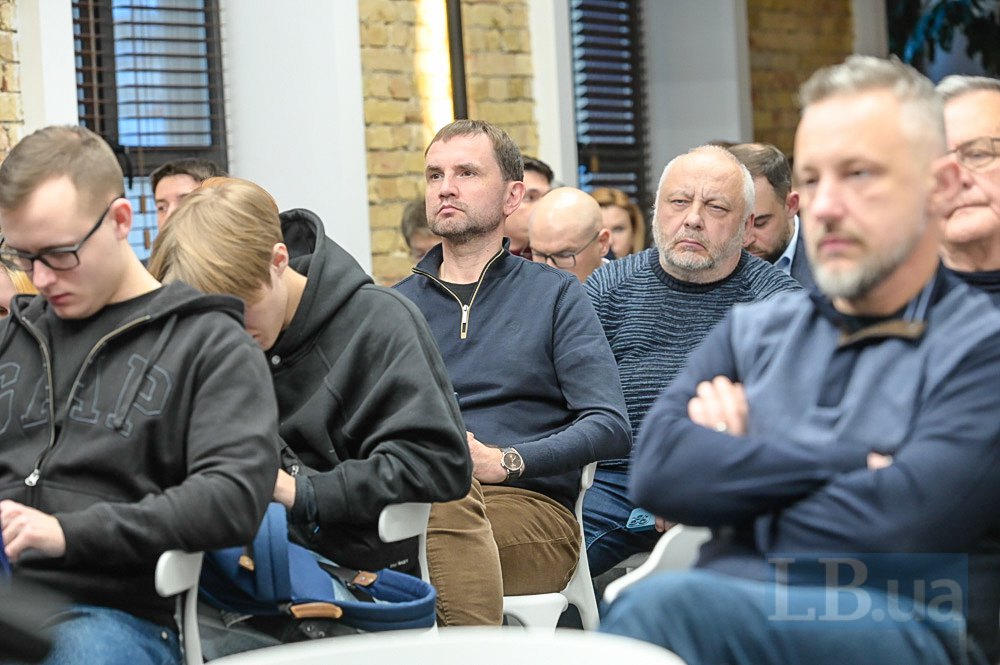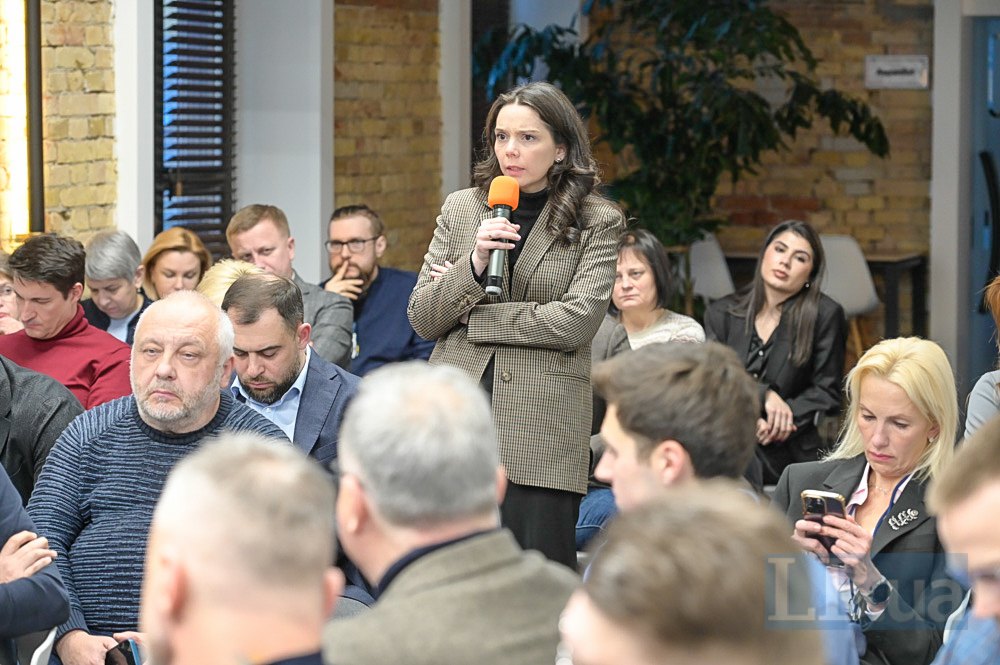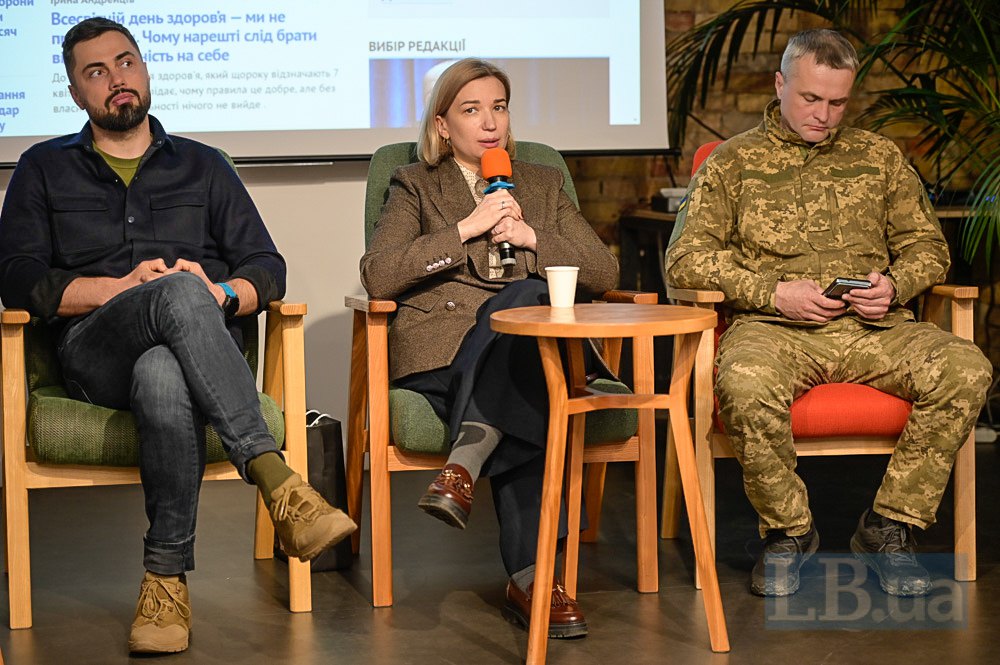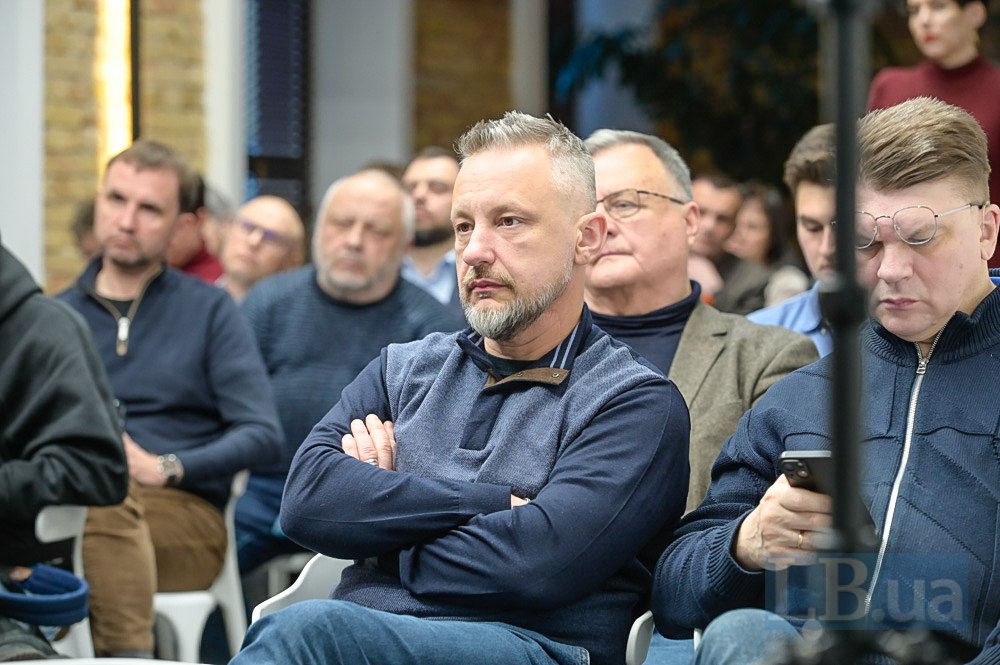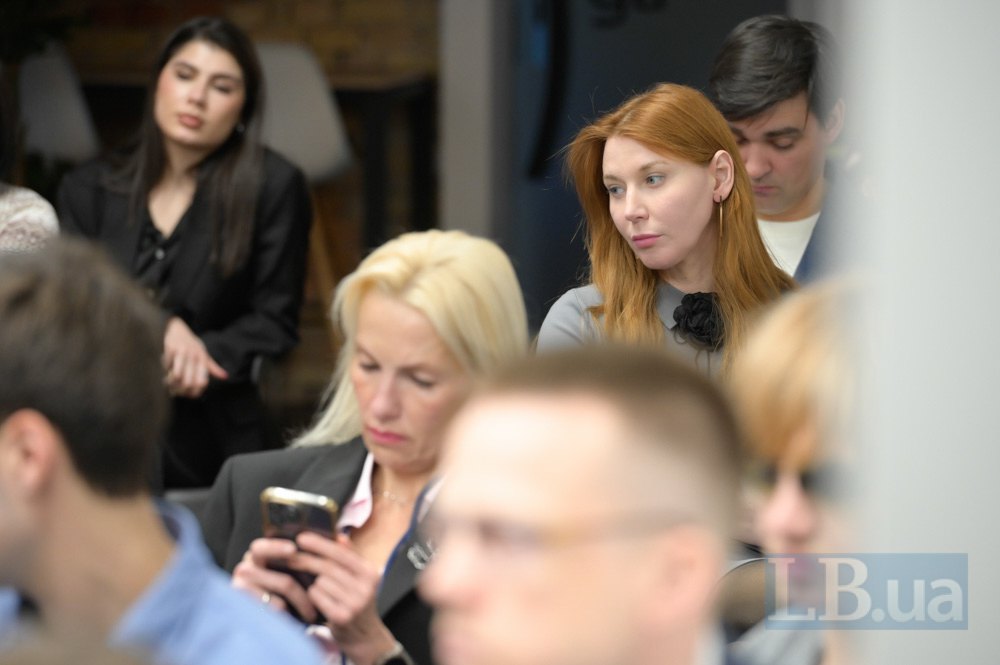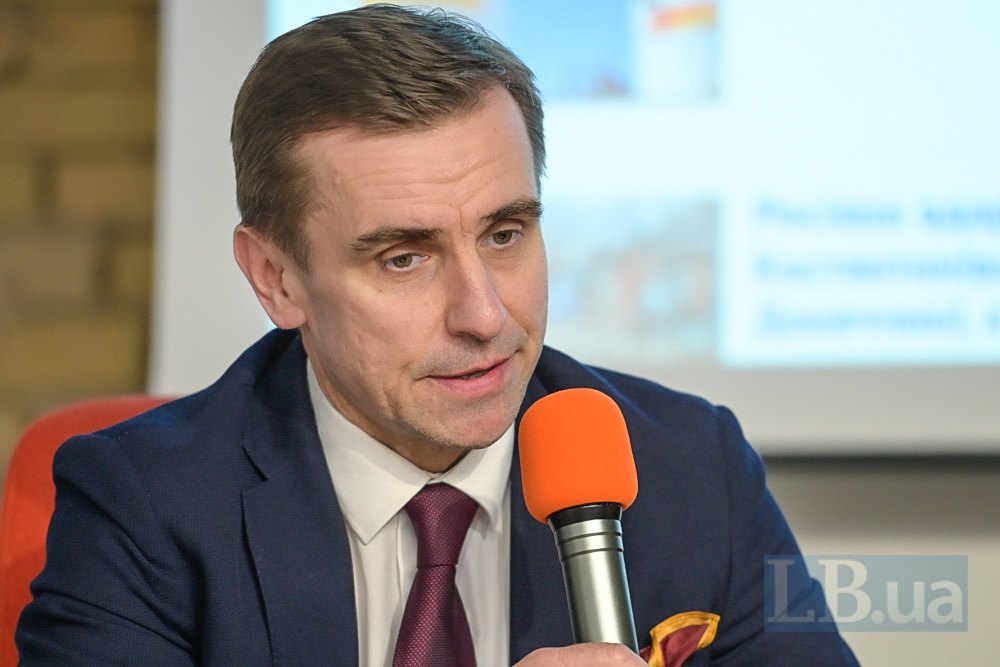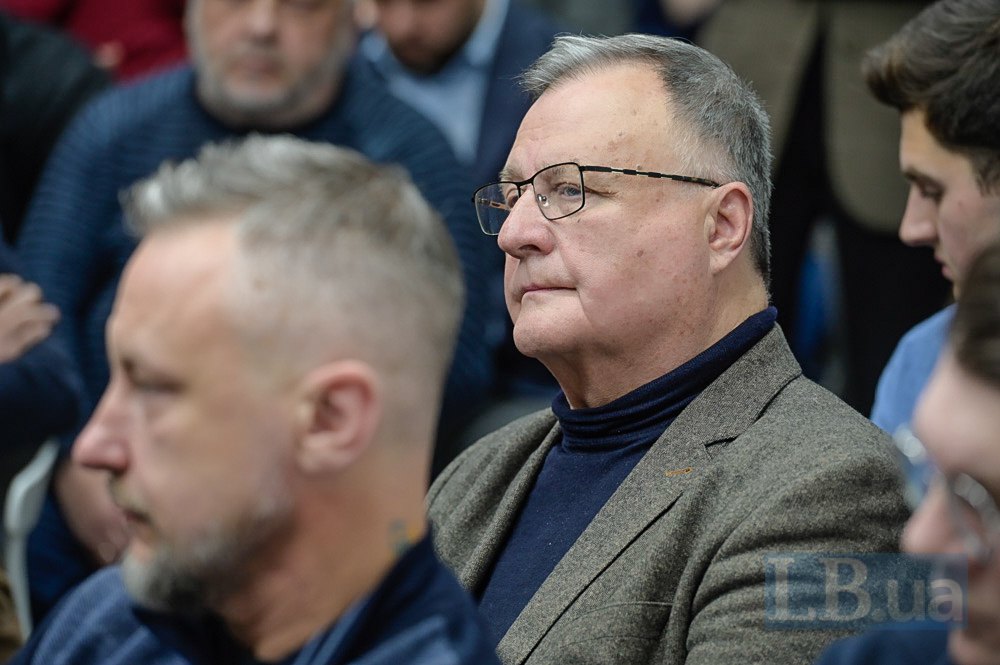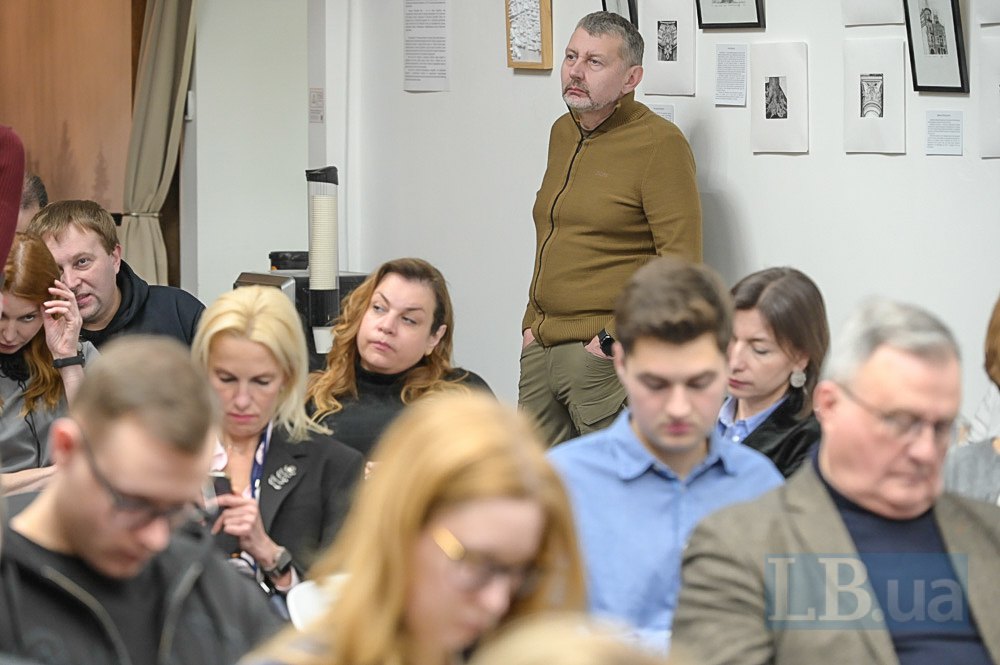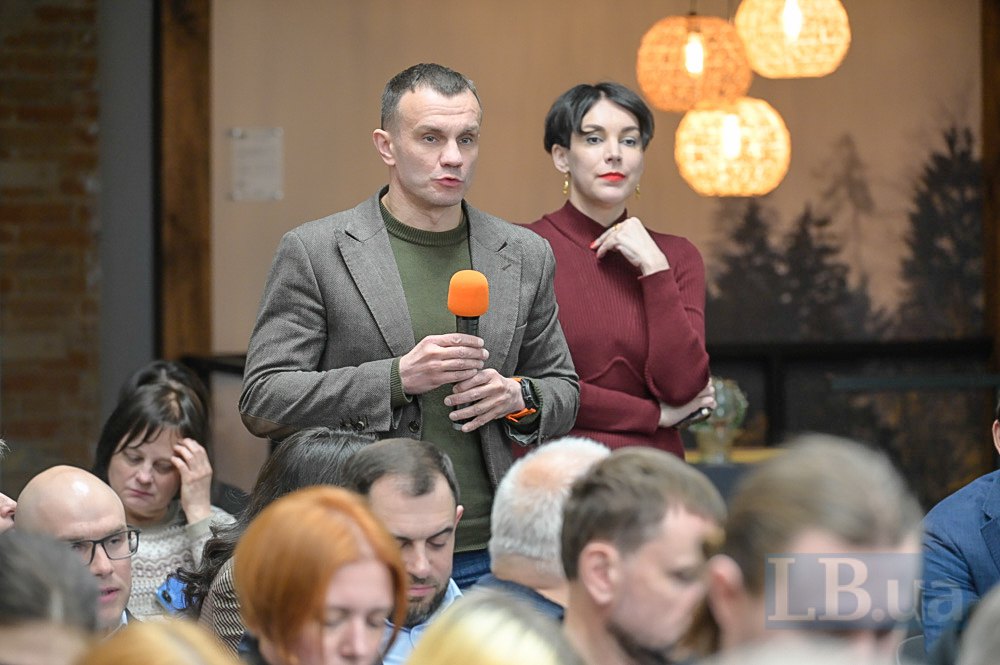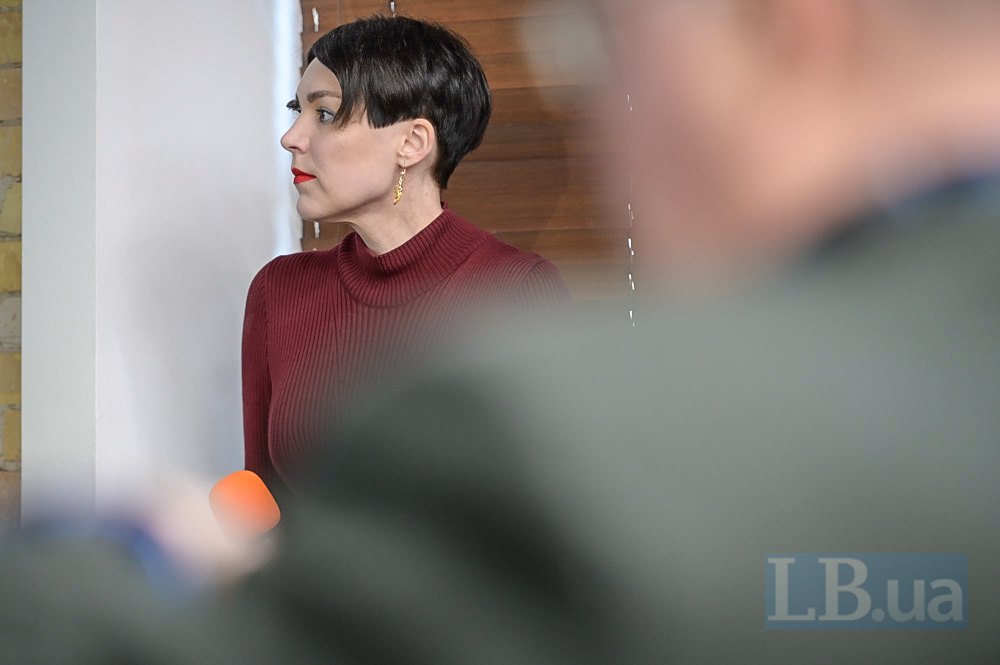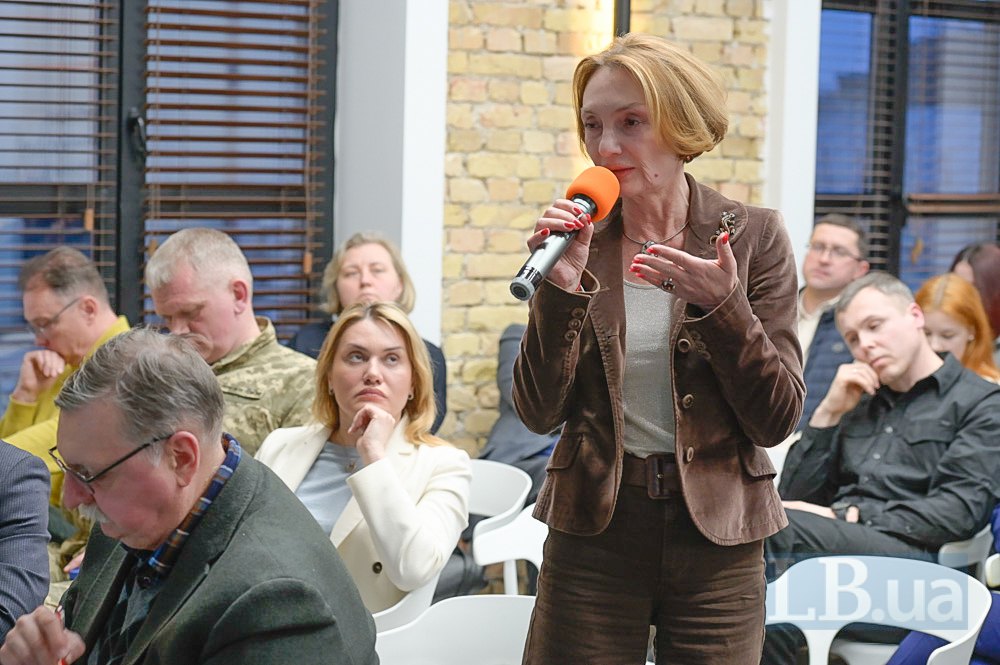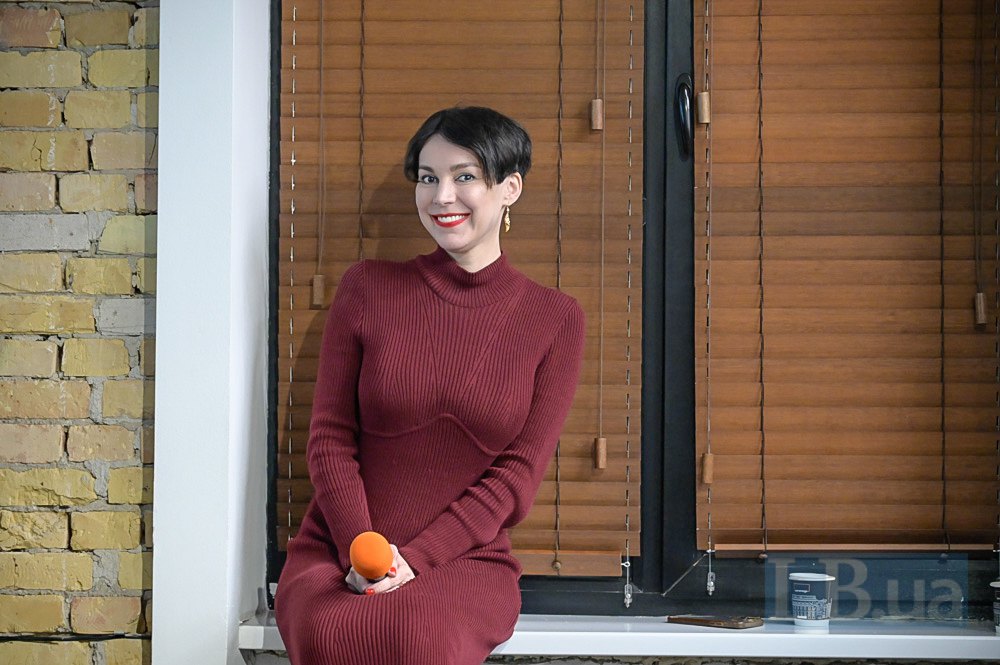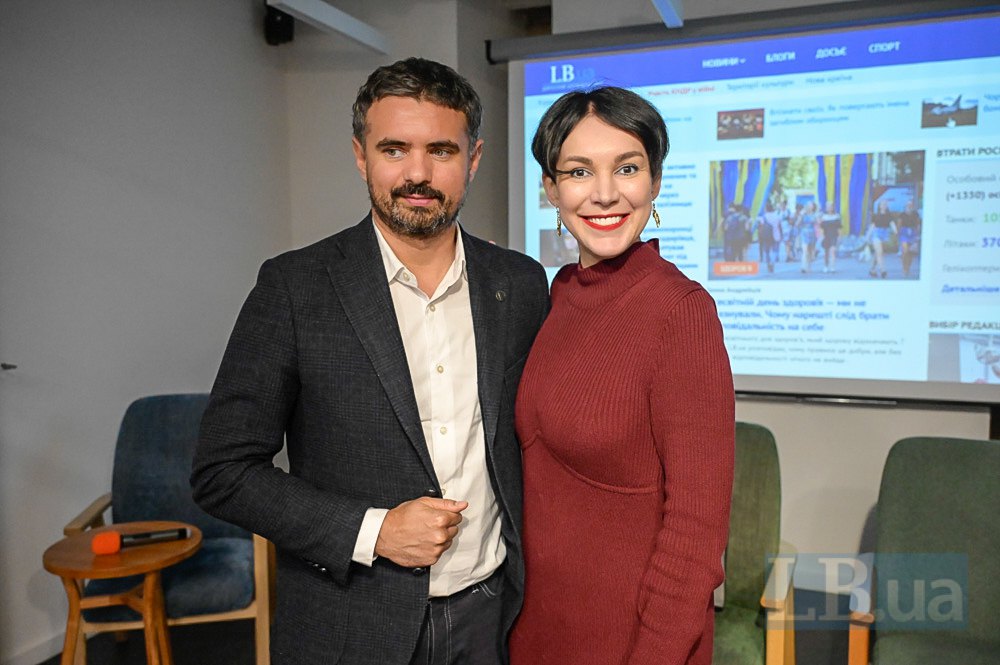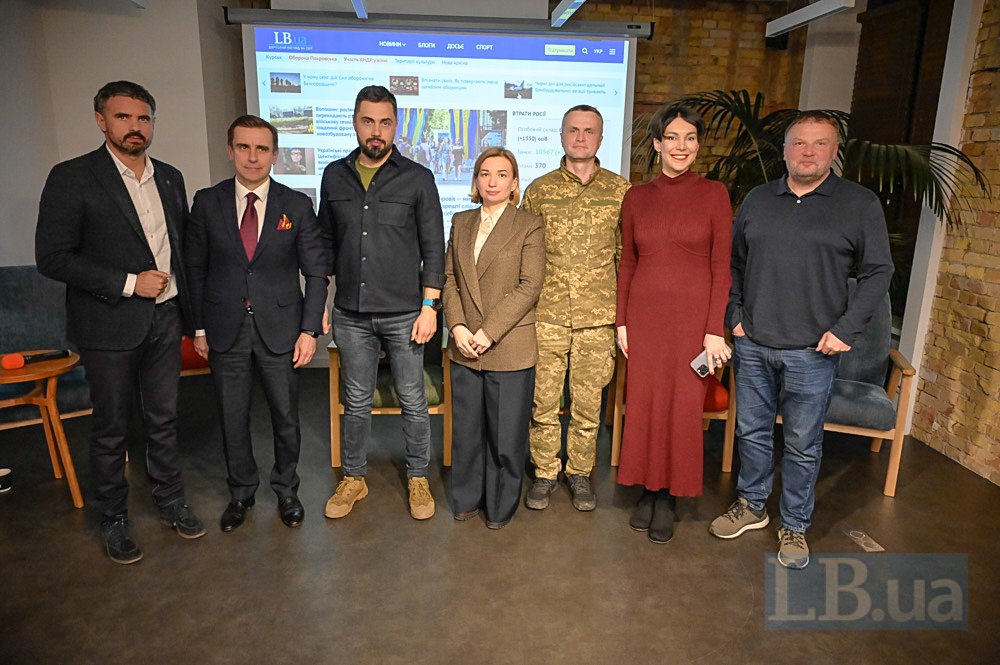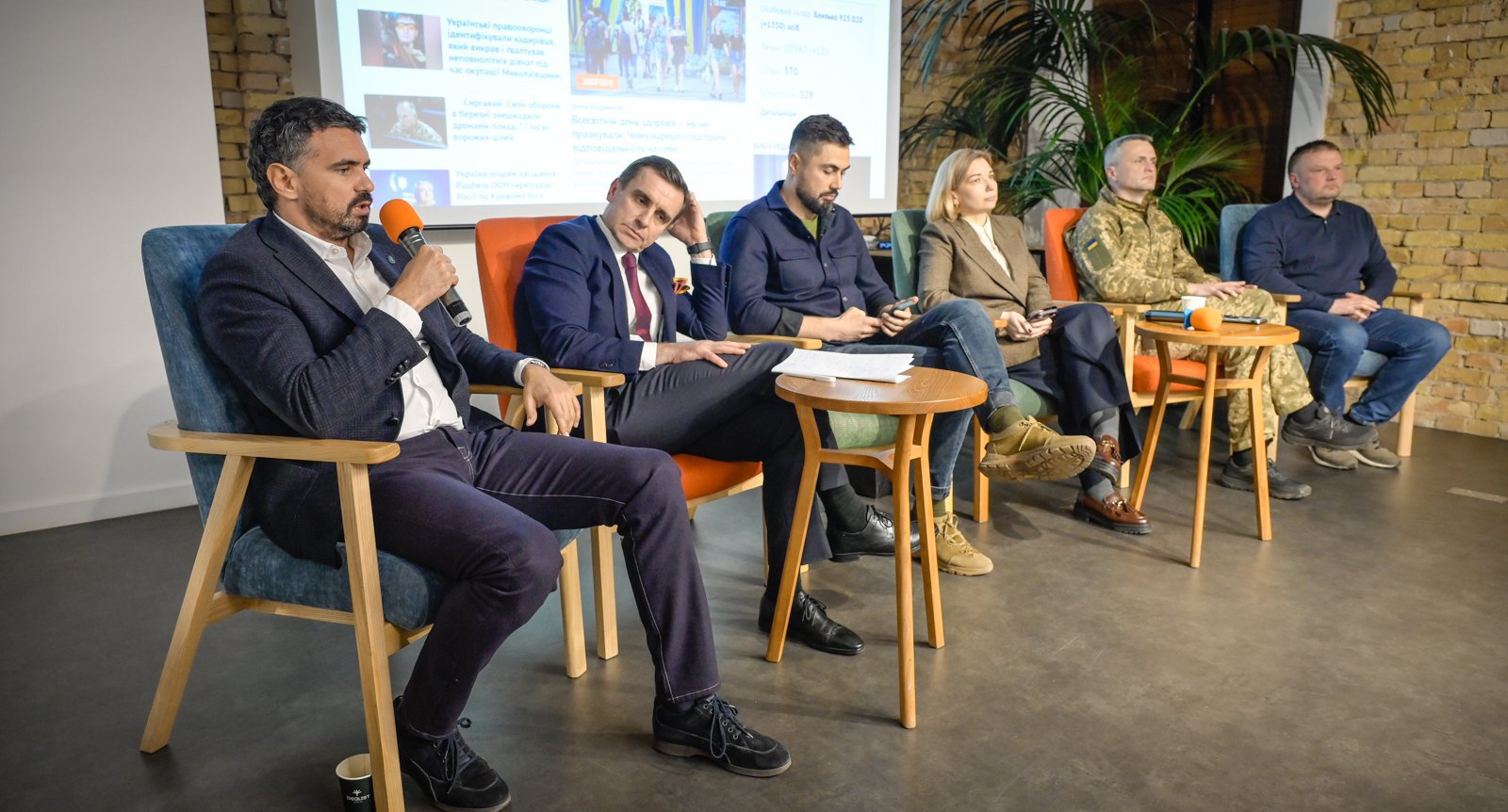‘Ukraine's Red Lines. How to preserve subjectivity in dialogue with the US and in negotiations with Russia’ was the topic of the current discussion panel of the New Country, a project of LB.ua and EFI Group, held on 7 April.
What do we, as a society, put into the concept of ‘justice’? What framework do we set for the authorities on the path to a just and lasting peace? What are we categorically unwilling to accept? And what can we accept, realising the importance of compromise?
Representatives of various spheres of civil society and invited speakers sought answers to these and other important questions:
- Yehor Firsov, chief sergeant of a UAV strike company, former MP;
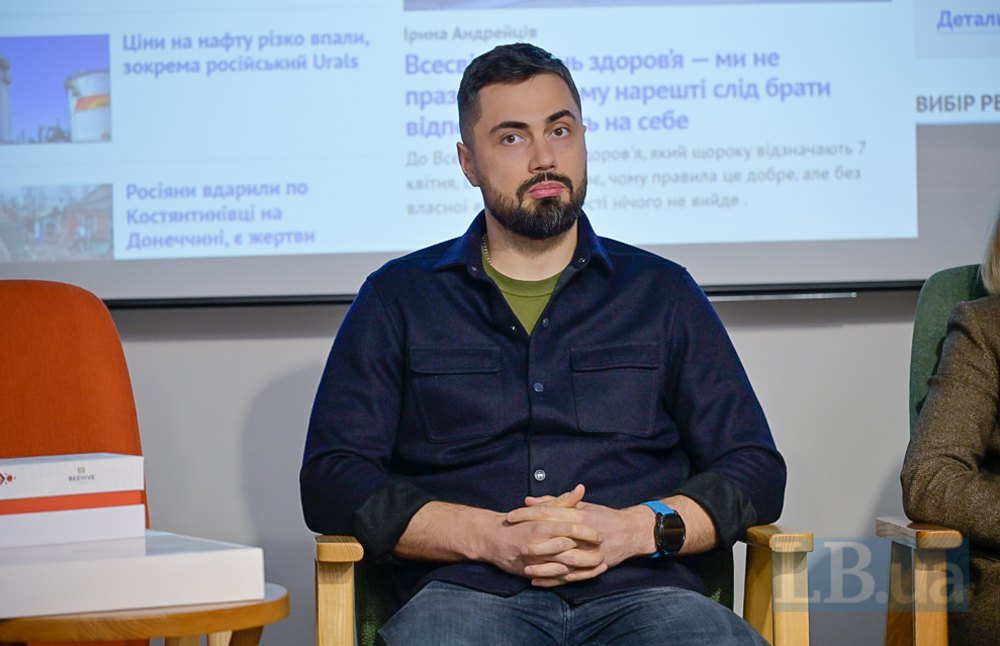
- Ihor Lutsenko, founder of the Aerial Reconnaissance Support Centre, is also a former MP;
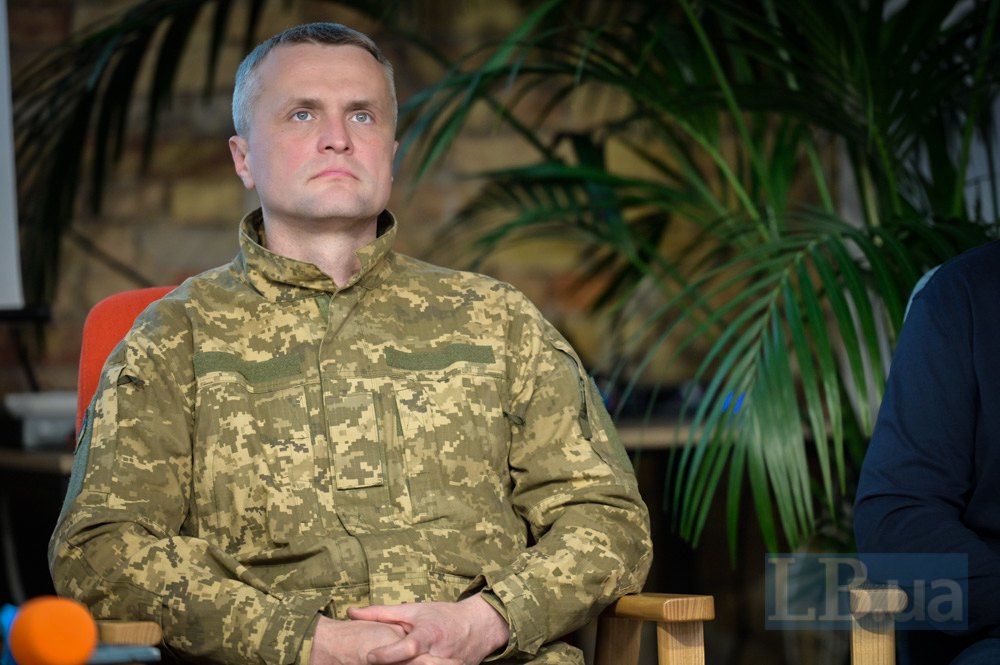
- Kostyantyn Yeliseyev, diplomat, Ambassador Extraordinary and Plenipotentiary of Ukraine;
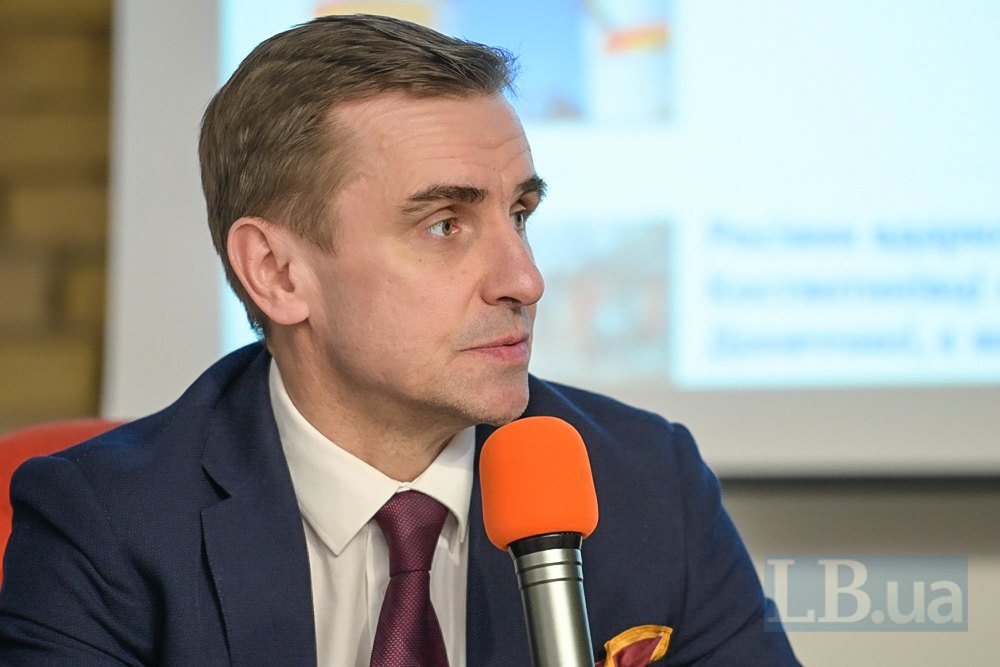
- Olha Ayvazovska, Head of the Board of the civil network OPORA;
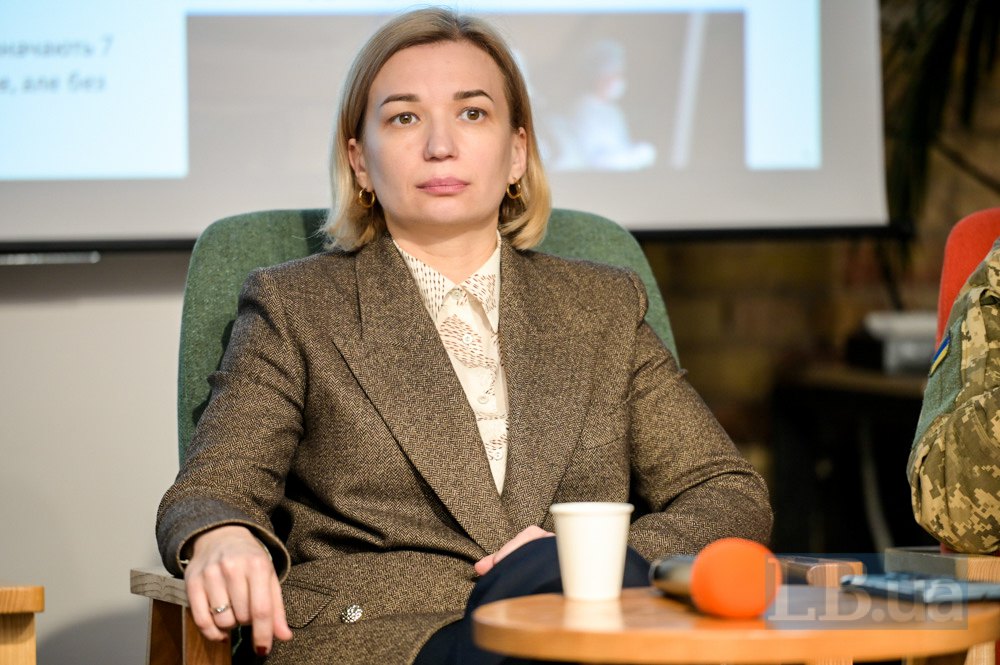
- Vadym Denysenko, political scientist;
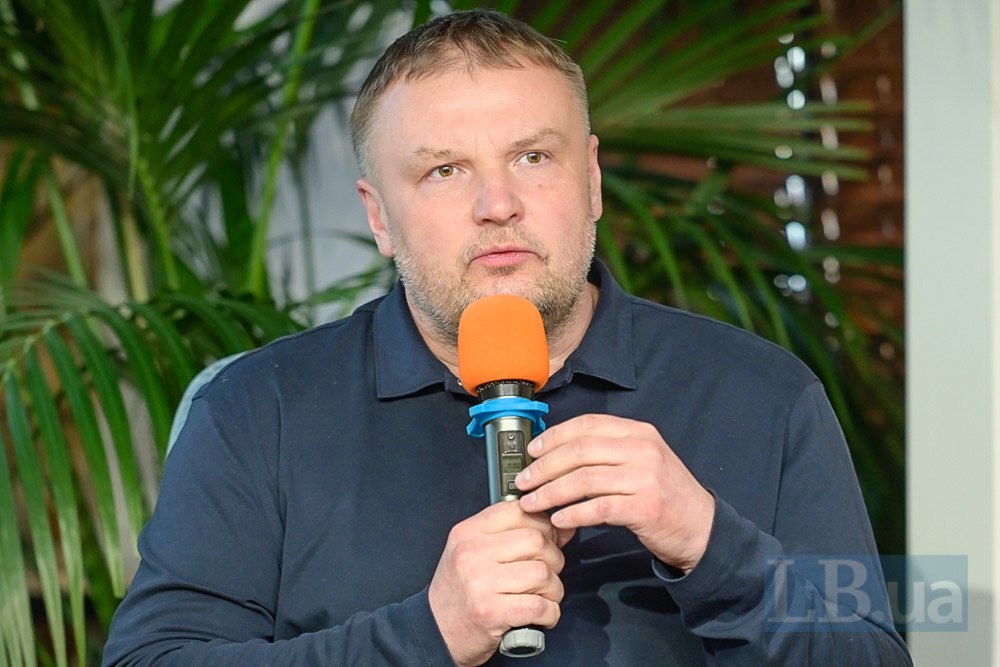
- Ihor Liski, Chairman of the Supervisory Board of EFI Group.
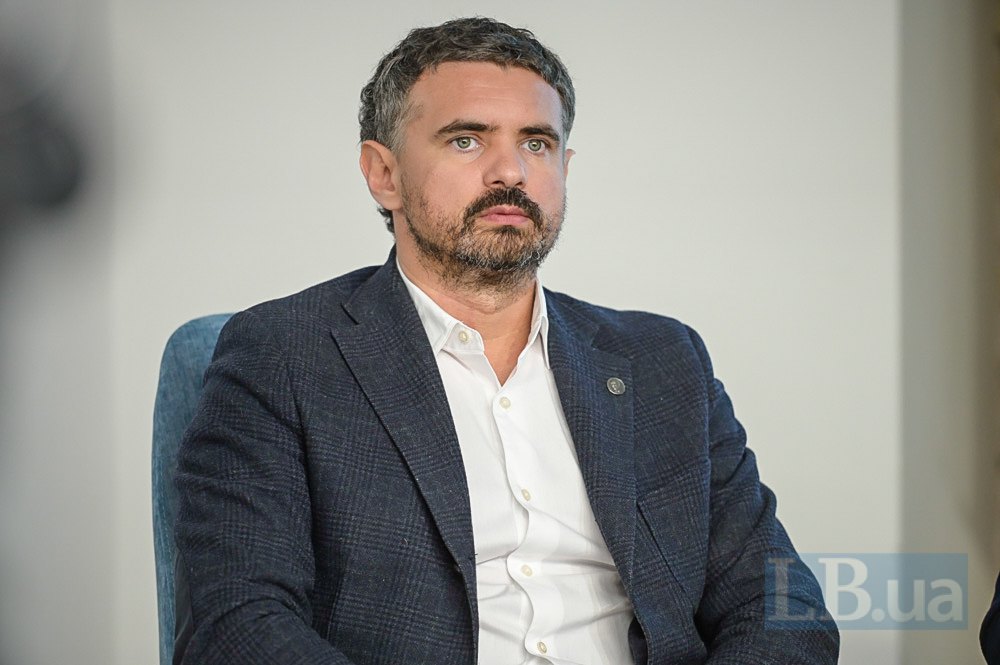
‘I don't think anyone has any faith that it will get easier in the near future,’ said Ihor Lutsenko, founder of the Aerial Reconnaissance Support Centre, during the discussion. - ‘That is, there is an understanding that even if there is a truce in one form or another, it will be another form of military conflict, i.e. war. And at this time, you should use the available resources - time, money, people - as actively as you use them in defensive and offensive battles.’
Former MP and former soldier Yehor Firsov also sees no hope among the military that the situation will improve in the near future.
‘How do the military feel about peace? Of course, very positively, like no one else. They are waiting for a break, to breathe fresh air. But do they believe in it - no, they don't. Because they only read about peace in telegram channels, but in reality, there is a war going on every hour,’ Firsov stressed.
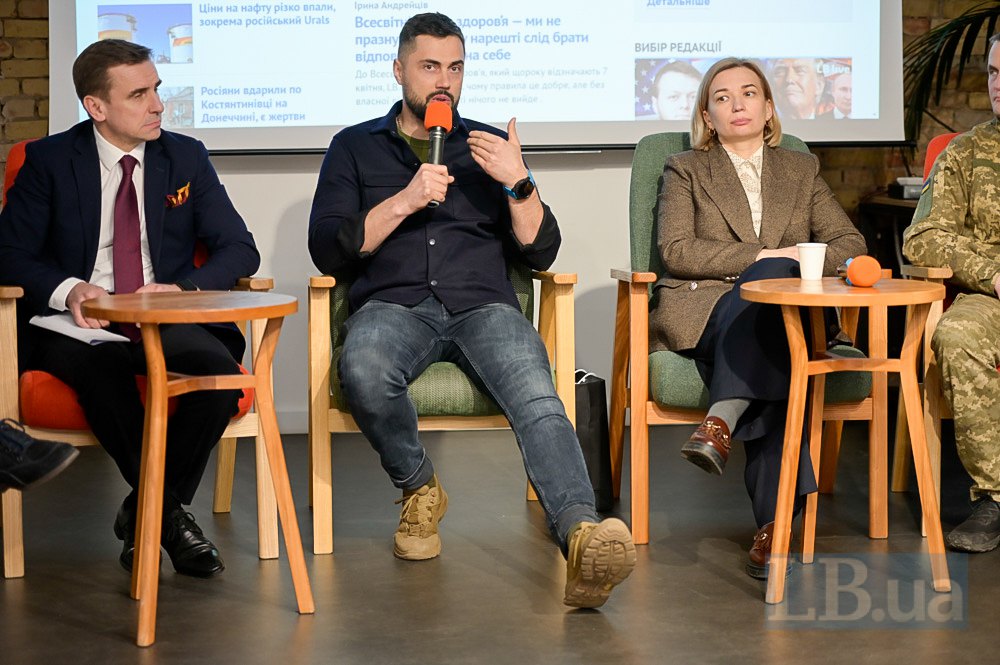
Political analyst Vadym Denysenko noted that the talks between Ukraine and the United States in Jeddah broke the narrative that Russia has been actively promoting in the world for the past two years, that Ukraine is against peace and will not make peace under pressure from the West. Now, the Russians have come up with a new story: that the Ukrainian military and political leadership does not control the army, and the army does not obey it.
‘Putin has de facto withdrawn from the negotiation process, and this became clear at the last Riyadh. From a psychological point of view, he is not going to stop the war at all. He sincerely believes that he will succeed in Kyiv in 3 days 2.0 this summer. We understand that this is unrealistic, but nevertheless, he lives in this paradigm. And they are starting to pump up Russian society as to why it should accept that the war will continue.
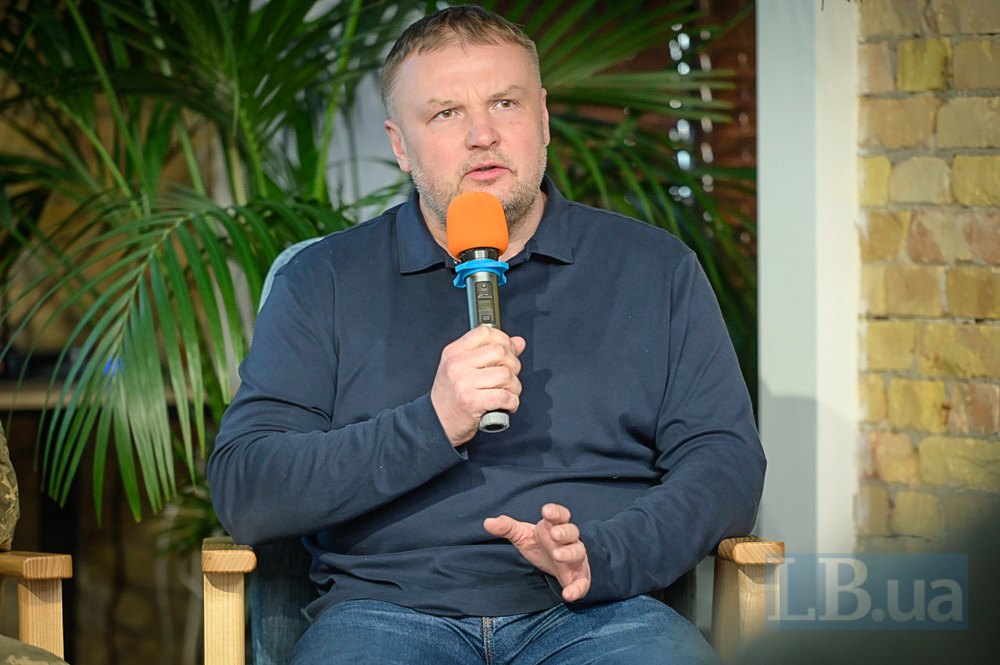
After all, our last sociological survey in Russia a month ago showed that for the first time, 3/4 of the population, 75%, expected peace talks, expected peace. There have never been such numbers before. They would like this peace, but Putin is trying to prove to them with this narrative that they cannot make peace because there are 'Nazis' who do not obey Zelenskyy, so they need to fight. Even for the Russians, it doesn't really work, but for at least another month and a half, maybe more, they will continue to pull this line,’ Denysenko said.
Diplomat Kostyantyn Yeliseyev noted that Ukraine's main task today is to strengthen its negotiating position.
‘I am still convinced that our best negotiator is still not diplomats, but the Defence Forces, the Armed Forces of Ukraine. They are the ones who determine our position in the negotiations,’ Yelisyeyev said, noting the importance of internal unity and external assistance.
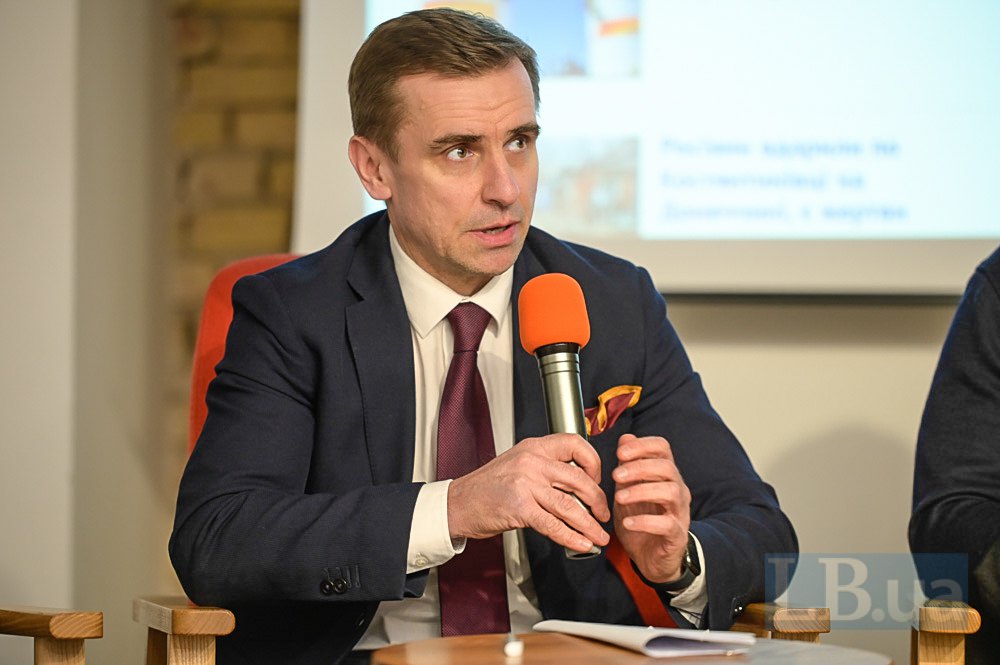
According to businessman Ihor Liski, any ceasefire should be the basis of a just peace or the beginning of it.
‘Otherwise, there will be no justice in society, no trust in the government, no trust in the country. And when there is no trust of the population, the military, those who lost their lives in this war, whose relatives laid down their lives, the country will not succeed. Businessmen who want a formal ceasefire do not understand that this will tear the country apart. It will multiply all efforts by zero. It will multiply the country's subjectivity by zero. No one will invest in it. Even the Ukrainians themselves will not believe in this country, let alone foreign investment,’ said Liski.
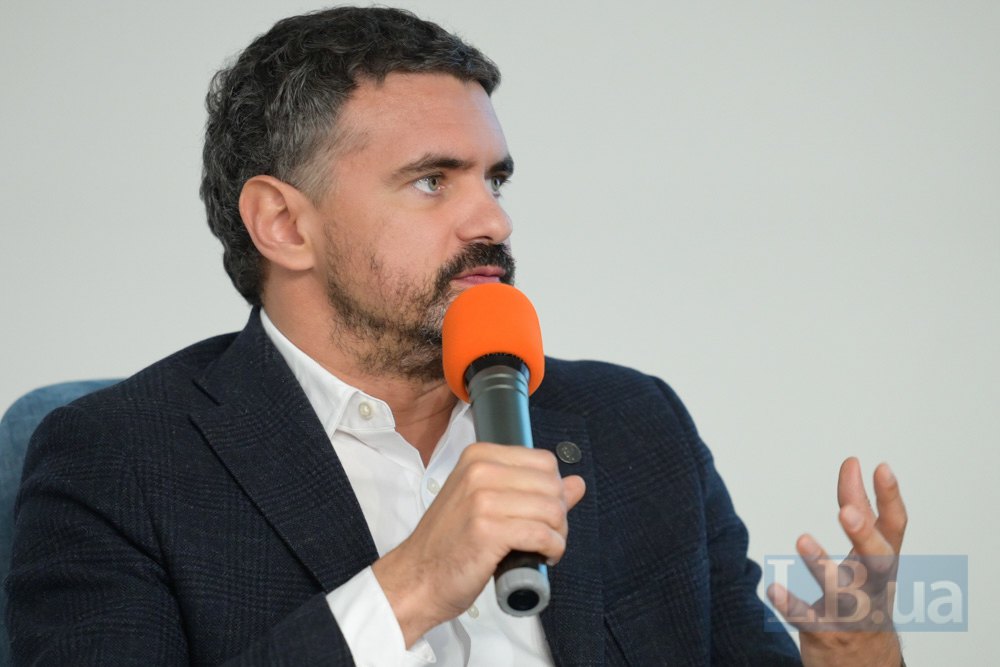
Establishing certain red lines during the elections, where we have no right to move in order not to destroy our statehood, will help Ukraine to constructively conduct the election campaign, said Olha Ayvazovska, chairwoman of the board of the civil network Opora. No one knows when the elections will be held, but under certain circumstances they may be held under the right-wing martial law regime or during the ceasefire, she added.
‘Or they can be held after the end of the major phase of the war and the end of the right-wing martial law regime. It all depends on the political flexibility of the leaders in the President's Office and in the parliament itself, which has certain options to conduct a presidential campaign even before the end of martial law,’ the expert notes. Therefore, Ayvazovska emphasises that it is necessary to prepare for the elections morally, mentally and managerially, because this is the factor that always divides society.
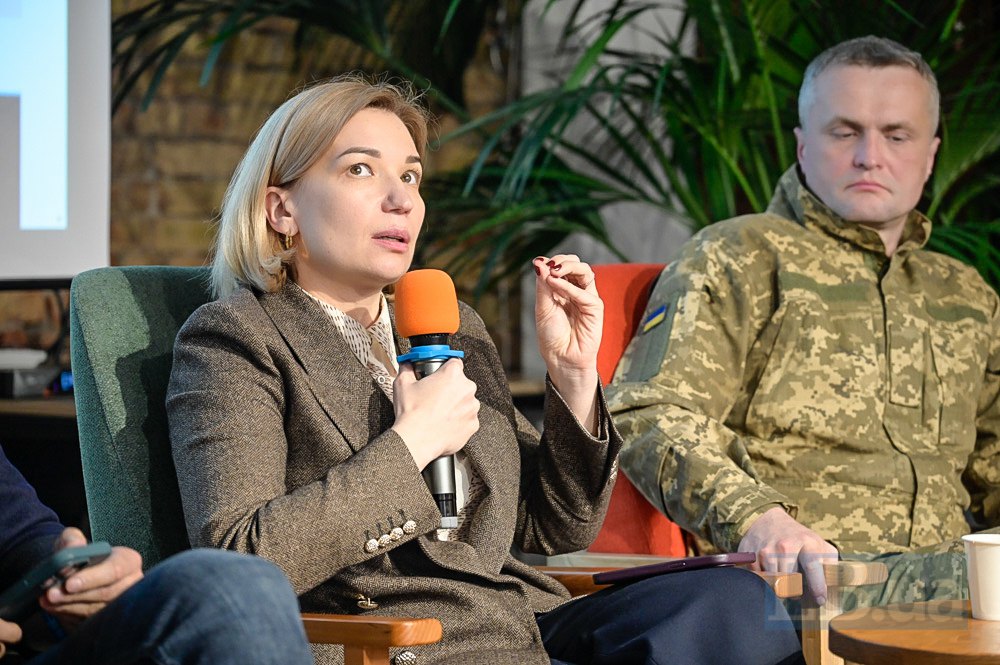
The full speeches of the top speakers and guests of the event will be published on LB.ua shortly.
